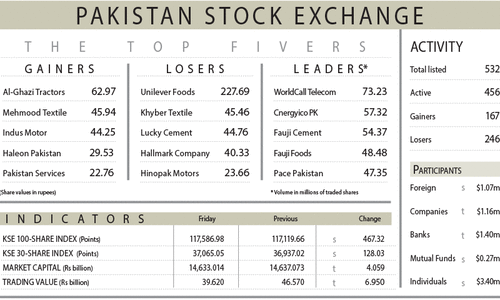Saudi Arabia has shown impressive economic growth during the last few years and is expected to see a surge in foreign direct investment (FDI) by 2010. The rise in the FDI is likely to be driven by the opening up of key sectors to foreign investment, such as petrochemicals, telecommunications, power, mining, infrastructure and the development of six economic cities across the kingdom.
The continuous efforts of the Saudi government to increase the contribution from the non-oil sector are paying off. Despite high oil prices and increased revenue, the share of the oil sector averages around 40 per cent of GDP. This diversification has reduced investment risk and has been confirmed by Standard and Poor’s revision of the kingdom’s sovereign rating in July this year.
With a GDP of $345 billion, Saudi Arabia is the largest economy in the Gulf Cooperation Council GCC) region and has the largest stock market in terms of market capitalisation. As of December 8, 2007 the stock market capitalisation stood at $459 billion, making the kingdom one of the largest among emerging markets.
After hitting a record high of 20,634.86 points in February 2006, the Tadawul All-Share Index (TASI) lost over 53 per cent of its value last year, making it the worst performer in the region. This correction was attributed to various factors including high market valuations, decline in corporate earnings growth, asset allocation shifts, lack of institutional investors and geopolitical concerns.
In the past three months, the equity market has witnessed a recovery, with the TASI being up 27 per cent as of December 8, 2007. Trading volumes have improved as has the value traded.
Saudi Arabia has historically traded at a premium to the MSCI Emerging Markets Index. From a qualitative point of view, within the context of some larger emerging markets, however, the Saudi stock market is still in its early stages of development. The number of listed companies, at 107, is low as is the breadth of sectors available to investors. The participation ratio of domestic institutional investors is below that prevailing in many emerging markets.
The securities market regulator, the Capital Market Authority (CMA), is striving to bring new products to the financial market, improve transparency, enhance disclosure and corporate governance standards. Tadawul, the stock exchange, is working on launching a new trading platform and introducing new trading products.Saudi Arabia is an attractive investment destination and it is apparent that the country does not get allocations in international portfolios due to foreign ownership restrictions. Non-GCC foreign investors are currently restricted from investing directly in listed equities.
In September this year, the CMA has removed restrictions on investors from the five other GCC countries to invest in the Saudi market. If and when non-GCC foreign investors are allowed to participate directly in equities, the Saudi market will enter a new phase of its growth.
Currently, there are 107 stocks that trade on the local exchange, Tadawul. Last year, 10 new stocks were listed while 18 new companies had IPOs up to the end of the second quarter this year.
In the past few years, the Saudi government is upgrading its law and regulatory standards including the restructuring of government agencies, promulgation of new laws, establishment of new institutions and a further liberalisation of trade regimes. Other factors, such as an environment conducive to business have contributed to new listings.
These reforms have resulted in strong improvement in the kingdom’s investment climate, liberalisation and privatisation in the non-oil sector, better enforcement of property rights and a more incisive regulatory framework. In the past three years, Saudi Arabia has reduced its public debt from peak $182 billion or 96 per cent of GDP in 2002 to $100 billion or 30 per cent of GDP in 2006.
With the improved macroeconomic scenario, investors appear more willing to pay up for “stable” to “strong” growth. The reduction in risk premiums provides a corridor for an equity market re-rating and expansion of price-earning multiples.
Currently, non-GCC foreign investors can invest in mutual funds. The investors should take advantage of the growth opportunities expected to unfold across the breadth of the Saudi economy in the coming years.
The writer is head of Asset Management at FALCOM Financial Services in Riyadh. The article reflects his personal views.














































Dear visitor, the comments section is undergoing an overhaul and will return soon.